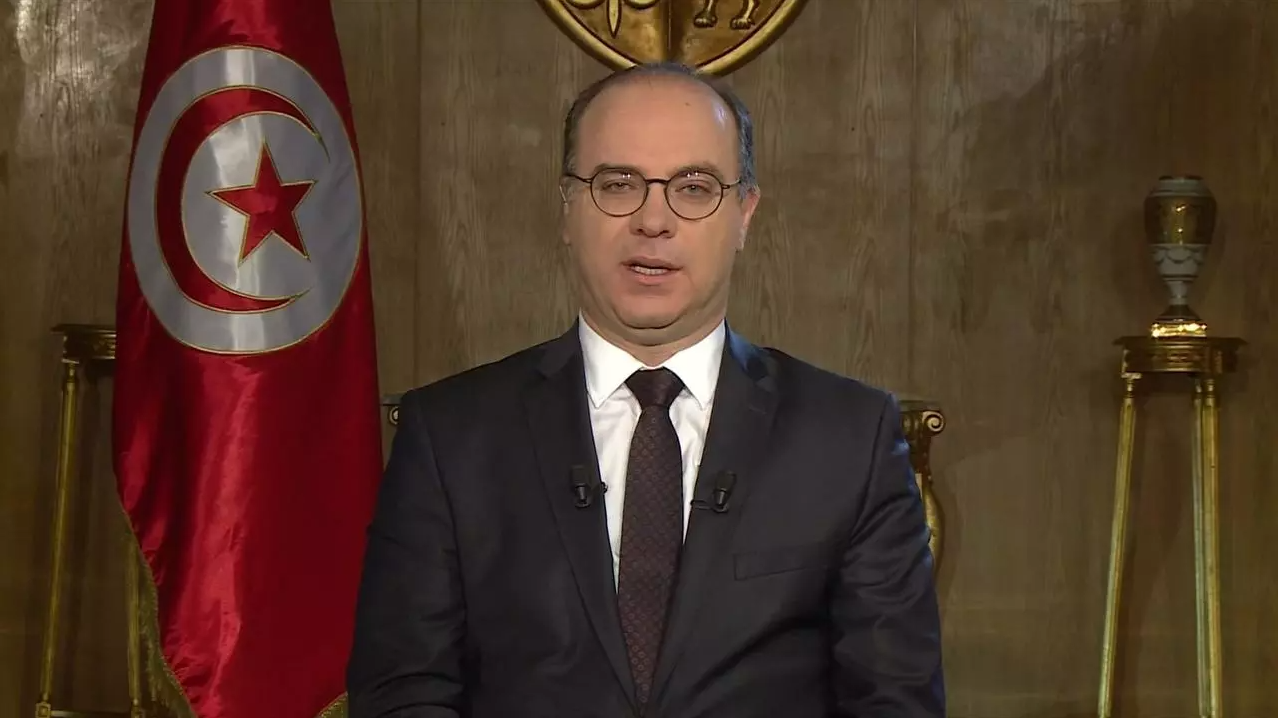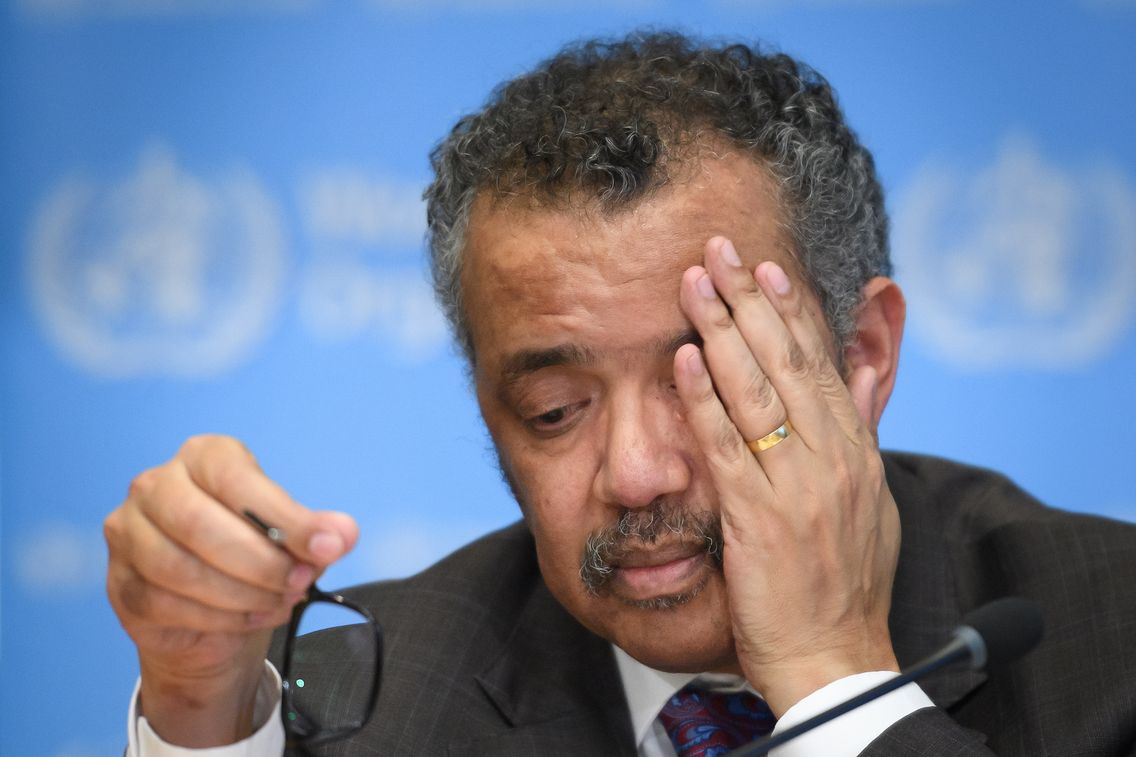Data collected by the International Rescue Committee (IRC) reveals mostly men are testing positive for COVID-19 in conflict-affected countries like Somalia, Pakistan, and Yemen. The figures released on Wednesday are fuelling concerns that COVID-19, the disease caused by the novel coronavirus, is spreading silently among women struggling to access already limited testing and treatment facilities in parts of the Middle East and Africa.
The IRC reports that in Pakistan, Afghanistan, Somalia, Yemen, Chad, and Central African Republic the disparities are particularly worrying, with over 70% of COVID-19 cases having been detected in men, and 30% or less in women. Those figures are in stark contrast to the ratio in Europe, for example, where it is roughly a 50/50 split between men and women.
“This data suggests women are being under tested for COVID-19 in many places where the IRC works,” said IRC Senior Technical Advisor of Emergency Health Stacey Mearns. “Both men and women in conflict-affected countries experience great difficulty in accessing healthcare, but data shows women have a slimmer chance of seeing a doctor than men in countries such as Pakistan.”
Mearns says that in countries where the disparity is at play, women may not have the same freedom of movement as men but often perform caring roles and are front-line workers, placing them at equal or higher risk of contracting the highly contagious virus.
“The numbers do not add up. What we are seeing is a situation in which women are potentially being left out of testing and their health deprioritized,” Mearns argued in a June 24 press release.
“There is a need for a major increase in testing for everyone in the countries where we work, but we must pay particular attention to ensure women are getting equal access to testing and health care.”
The United Nations has also warned that as with conflict situations, the COVID-19 pandemic is likely to deepen pre-existing inequalities between men and women and could undo limited gender equality gains made in recent years.
“Across every sphere, from health to the economy, security to social protection, the impacts of COVID-19 are exacerbated for women and girls simply by virtue of their sex,” the UN said on April 9 when it released a policy brief detailing the impacts of COVID-19 on women.
In addition to unequal access to health care, women around the world have been subject to an alarming increase in domestic and family violence exacerbated by virus lockdowns, and data shows women have been disproportionately impacted by COVID-19 job cuts.
The IRC says it needs an additional $30 million to mitigate the spread of COVID-19 and support for its efforts to improve female education and access to COVID-19 testing and treatment.



